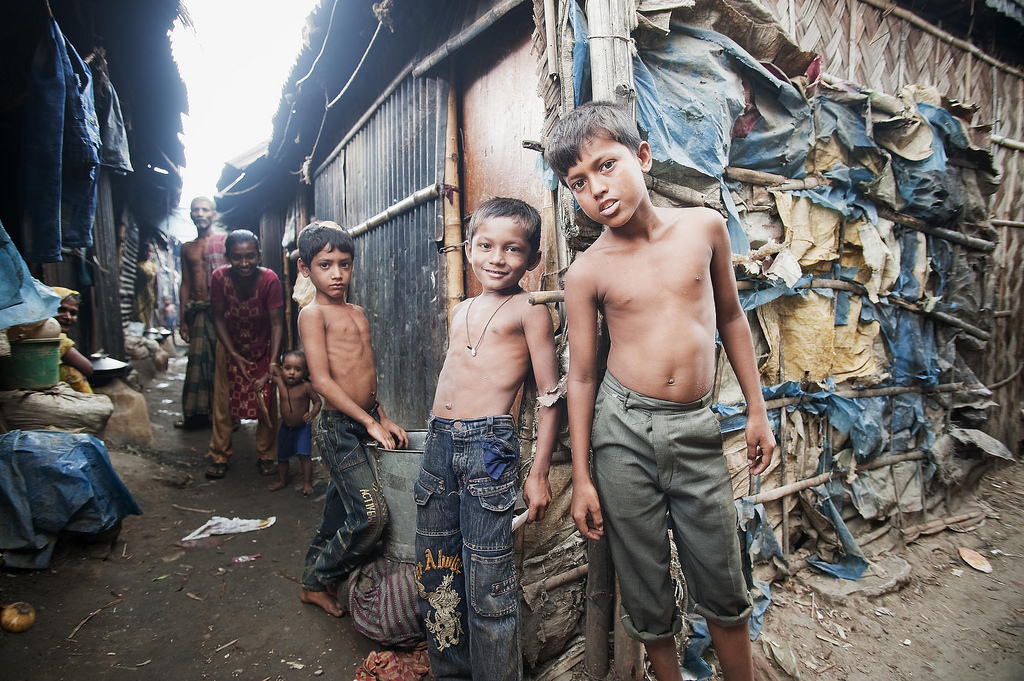
Photo: 5223622593_48a2f7bb75_b-1
World Bank warns of further poverty due to lack of resilience finance
14 October 2016
by Jonathan Andrews
Residents of cities in developing countries risk plunging further into poverty by 2030 if urban leaders do not take advantage of global pools of capital to finance urban resilience, according to a report by the World Bank and the Global Facility for Disaster Reduction and Recovery (GFDRR).
The report has been released ahead of the United Nations (UN)’s Habitat III conference in Quito Ecuador, which will take place from 17 until 20 October. It estimates 77 million people will face extreme poverty if the infrastructure needed to withstand the impact of climate change does not receive adequate financing. This sits in contrast to the more than US$100 trillion of institutional capital in pension and sovereign wealth funds that has yet to be used to close the gap.
“We’re approaching a tipping point for the safety of cities all over the world,” said Ede Ijjasz-Vasquez, Senior Director for the World Bank’s social, urban, rural and resilience global practice. “We need to invest today in resilience measures that will help secure a safe and prosperous future for our cities and the people who live in them.”
Top of the UN’s 15-year agenda, which encompasses 17 Sustainable Development Goals (SDGs), is its aim to “eliminate extreme poverty” by 2030. The World Bank and GFDRR however argue that government funding on its own won’t be enough to achieve this.
According to Valerie Santos, Senior Urban specialist at the World Bank and co-author of the report: “It will take a significant amount of funding to prevent cities from flipping over the edge.”
Cities that continue to be affected by natural disasters meanwhile could pay up to US$314 billion each year before 2030, based on the current annual impact of around US$250 billion per year. The reports estimates a total of US$4.5 trillion a year is needed to invest in infrastructure for cities to boost resilience, in addition to which a premium of 9 to 27 percent will likely ensure that infrastructure succeeds in lowering carbon emissions.
Commenting on the World Bank’s response to tackle the problem of resilience in fragile cities, Sameh Wahba, Global Director of Urban Development at the World Bank, told Cities Today: “Some of the instruments we are working with include guarantees, partial guarantees and credit enhancement instruments. There’s also a new facility the IFC has just introduced that makes a first loss portion on infrastructure projects to reduce the risk for private investors and insurers entering into those investments.”









